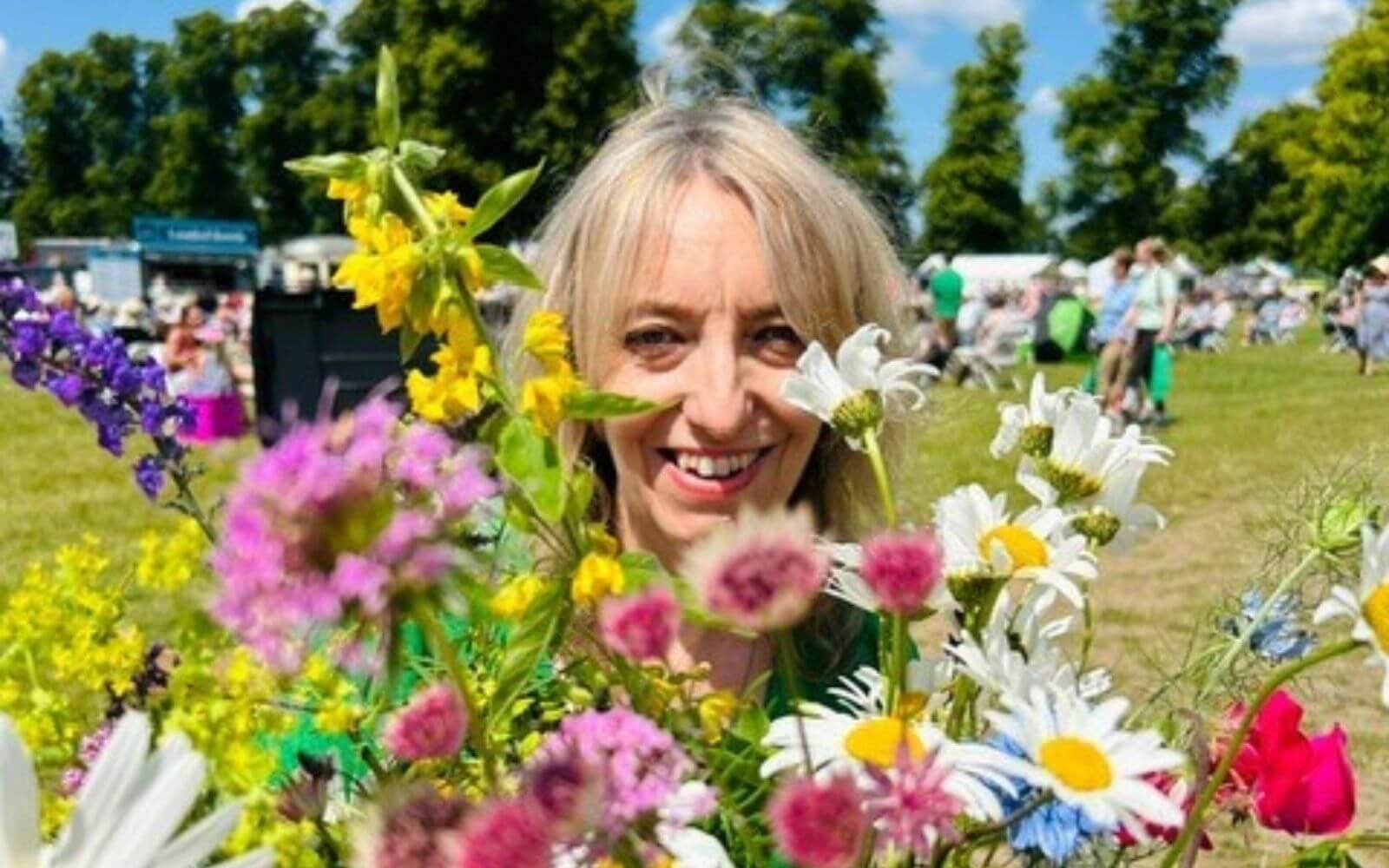“I wanted to raise awareness amongst people living with coeliac disease” – Natasha’s story
Blog
01 May 2025

I was working as a carer when I started to suffer with stomach issues, which were put down to irritable bowel syndrome. It became so debilitating that I had to have quite a lot of time off work and it started to really impact my daily living. Cutting out certain foods didn’t seem to help either, and I was also battling with fatigue. I was eventually given some blood tests to try to get to the bottom of what was happening to me – this was years down the line when I was working as a phlebotomist at my local GP practice and the doctor I was working with sent me for tests.
The blood tests and subsequent biopsy revealed that I had coeliac disease. It was a relief to finally have an answer, but by this time my stomach lining was damaged, which caused issues with malabsorption. Following my diagnosis, I cut out gluten from my diet and as time went on I thankfully felt a lot better, although the fatigue was still there. My doctor suggested that I should be referred for a DXA scan, due to the coeliac disease affecting the absorption of nutrients which could impact my bones. The scan confirmed that I had osteoporosis in my spine and osteopenia in my left hip.
“When I was diagnosed with osteoporosis, I felt very worried – I thought osteoporosis was something that only affected older people and it completely threw me.”
I was living in a daze for a while, trying to navigate everything, including working out the right diet for me and various vitamin supplements. It was quite a complicated time, and also a very worrying time as I wondered if I was ever going to improve and whether I’d break a bone – I was frightened. I managed to get through it with the support from ROS and Coeliac UK.
I set my sights on trying to get better by following a good calcium-rich diet and exercising; I do 20-minute workouts each day and also do lots of walking now too. I do yoga which I also enjoy, and it all really helps to maintain my bone health. I told myself to get on and live my life, doing what I could to stay as healthy as possible.
“One of the first things that hit me after diagnosis was being told that if I fell over I could break bones more easily, so that was always in the back of my mind.”
Osteoporosis has definitely impacted my life, I tried not to let it but it has, and it’s always there. From the moment of diagnosis it’s something that you can’t not think about, but you have to live with it and try to do the best you can possibly do to get on with things. I used to really enjoy hobbies like badminton but I’ve been too afraid to do it since diagnosis; despite being really careful, I fell over outside and broke my wrist which required an operation to straighten it out, so I’m worried about breaking more bones and suffering the agony that comes with the breaks.
When I was first diagnosed, the consultant at the hospital advised me to get in touch with the ROS for advice, which is exactly what I did. The information I received was fantastic – so helpful and reassuring, and I decided that I wanted to do whatever I could to help the charity. So, when I was asked if I wanted to be a case study I agreed, to help promote the importance of bone health and to champion the cause. I knew that I had osteoporosis as a direct result of my coeliac disease, so I thought about all the other people living with it, and other bowel issues, who may also be at risk without even knowing - I wanted to raise awareness amongst them.
“It’s really important to identify it as early as possible, to be able to make a difference and change the outcome of your life.”
If you have any kind of linked condition it’s so important to get a DXA scan, catch it early and get treatment if needed – which is 100% better than having osteoporosis unknowingly and suffering the pain of broken bones.
No more broken bones, no more broken lives.
Will you donate today and stop osteoporosis from breaking lives?
 Search
Search
 Login
Login


